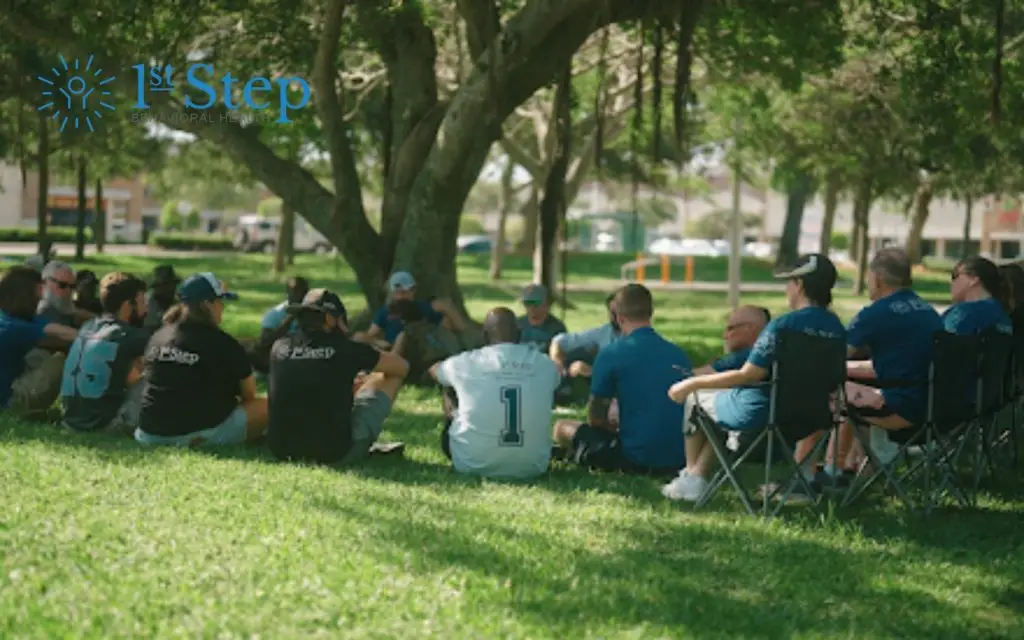Transitioning back into daily life after completing rehab can be one of the most challenging aspects of recovery.
Rehab gives important tools and support to help with addiction. However, going back to daily life can be hard. This includes work, family duties, and social interactions.
This stage of recovery often requires new skills and ways to cope, which help manage daily life pressures while staying sober. We’ll discuss key strategies to help people succeed after drug and alcohol rehab.
The Importance of Preparing for Life After Rehab
Preparing for life after rehab is a crucial step in ensuring long-term recovery. Rehab gives you the tools to beat addiction. However, the real challenge is how you adjust to life after treatment.
This phase is about learning to live a sober life. It needs ongoing support, structure, and a commitment to keep the progress made during rehab.
Key Strategies for a Successful Transition After Rehab
Successfully transitioning back into daily life after rehab requires implementing several key strategies that support long-term recovery.
Build a Strong Support System
Family members, friends, and support groups can help after treatment for a substance use disorder. This includes 12-step programs and sober living communities. They can provide encouragement, accountability, and understanding during tough times when you leave a treatment center.
Having a network of people who support your recovery can help you stay grounded and motivated.
Create Healthy Routines
Establishing a structured daily routine helps provide a sense of stability and purpose. A well-organized day can prevent idleness, reduce stress, and allow individuals to prioritize self-care and recovery activities.
Whether you’re setting aside time for work, self-reflection, or hobbies, consistency is key to staying on track.
Avoid Your Triggers
Avoiding old triggers and temptations is essential for relapse prevention. Triggers, such as certain social settings or stressors, can lead to cravings and risky behaviors.
Creating strategies to handle these triggers can help prevent relapse. This includes avoiding places where substance use happens often.
Use Your Coping Skills
Learning coping skills, like deep breathing, can also be useful. Incorporating healthy habits like regular exercise, mindfulness, and balanced nutrition can improve physical and mental well-being. These practices reduce stress, enhance emotional resilience, and support overall health, making recovery more sustainable.
Set Goals
Setting short-term and long-term goals is critical for maintaining focus and motivation. Small, achievable goals help build confidence and create a sense of success.
On a similar note, long-term goals provide direction and purpose in recovery.
The Role of Therapy and Ongoing Treatment
One cannot overstate the continued importance of therapy and counseling after rehab. Therapy offers support for long-term recovery. It helps people deal with the emotional and mental parts of addiction and gives them tools to face their lives after rehab.
Outpatient therapy provides flexibility and consistency, allowing individuals to continue working on their recovery while reintegrating into daily life.
Similarly, sober living environments offer a safe, supportive environment for individuals in the early recovery stages. They promote structure and positive social interaction.
Addiction is a lifelong challenge. Getting support is important. This can be through therapy, support groups, or counseling. It helps people remember they don’t have to face recovery alone.
Challenges You Might Face During the Transition and How to Overcome Them
Going back to daily life after rehab can be hard. It brings many challenges that can test your commitment to staying sober.
One of the most common difficulties in managing stress and anxiety. The pressures of returning to work, maintaining relationships, and managing everyday responsibilities can feel overwhelming.
Relaxation techniques are important for handling stress. You can try deep breathing, meditation, or mindfulness. Regular physical exercise can also reduce anxiety and improve overall well-being.
Dealing with social situations presents another challenge when you leave a treatment facility, especially when temptations are present. Social gatherings, peer pressure, or environments where people use substances can trigger cravings.
Setting clear boundaries and learning how to politely decline invitations or change the environment can be effective strategies. Bringing a sober friend or attending support groups can help you feel more comfortable and confident in these situations.
Balancing recovery with daily responsibilities is also a concern. Work, school, or family obligations can seem overwhelming when navigating recovery. Establishing a structured routine that prioritizes recovery is key. Planning your day is important. Make time for therapy, self-care, and family duties. This will help you stay sober while handling life’s challenges.
Lastly, be sure to acknowledge relapse fears. The fear of slipping up can be daunting, but it’s crucial to stay motivated and connected to support systems. If a setback occurs, remember it’s part of the process and journey.
Why Choose First Step Behavioral Health for Post-Rehab Support
First Step Behavioral Health is a trusted provider. We offer ongoing treatment and support after rehab. Our clients can rely on us as they start their recovery journeys outside of a rehab facility. Our outpatient services, therapy options, and aftercare programs help clients get back to daily life. They also help you avoid relapse after leaving rehab.
Our center provides care tailored to each individual’s unique addiction recovery needs. Ongoing support is important for long-term recovery. First Step Behavioral Health dedicates itself to helping people create a happy, sober future.
Our aftercare programs focus on building structure and accountability, which helps people keep making progress. They also provide tools and resources to handle challenges and prevent relapse. Contact us to learn more.
Jump to a Section
Call (855) 425-4846
